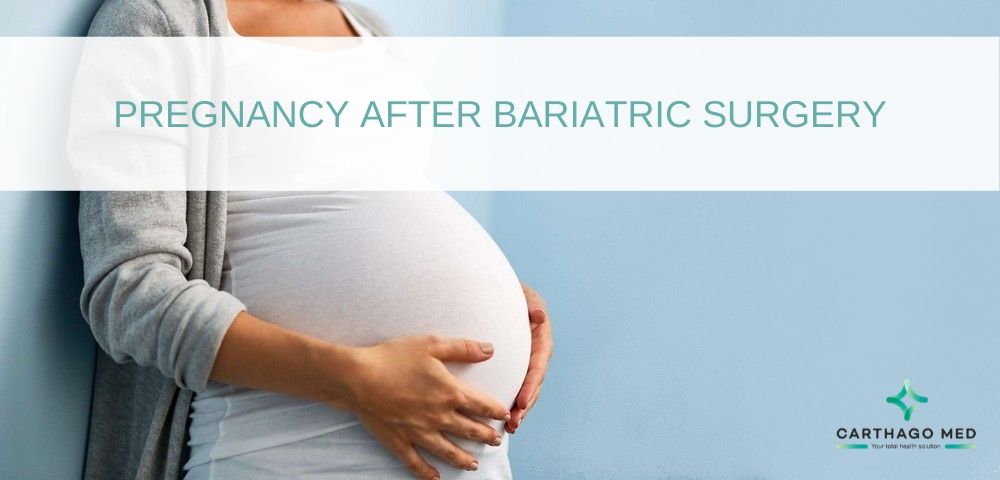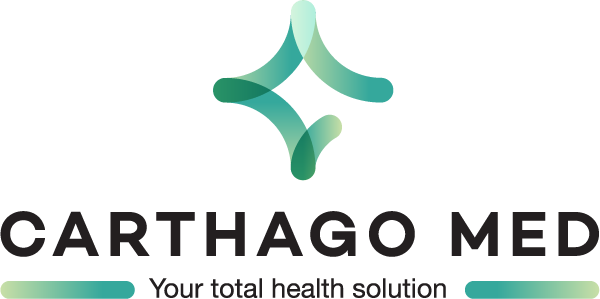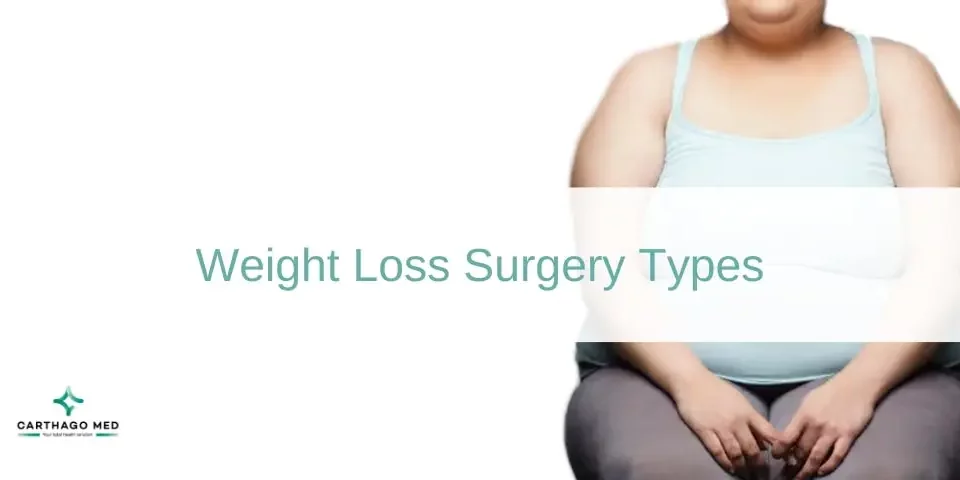
Everything you need to know about pregnancy after bariatric surgery
Having recourse to bariatric surgery (Gastric Sleeve,Gastric Bypass or Gastric band ) entails dramatic weight loss and the prevention of obesity-related diseases. However, can ex-patients of bariatric surgery get pregnant and are there any precautions or advice to take into account?
Is pregnancy safe after weight-loss surgery?
Pregnancy after weight-loss surgery is a topic that requires careful consideration and medical guidance. While weight-loss surgery, such as gastric bypass or gastric sleeve procedures, can significantly improve overall health and increase fertility for individuals struggling with obesity, there are important factors to bear in mind. It is generally recommended to wait for at least 12-18 months after surgery before attempting pregnancy to allow for proper weight stabilization and nutritional optimization. Moreover, close medical supervision is essential during pregnancy for individuals who have undergone weight-loss surgery, as there may be a need for specific dietary adjustments and monitoring to ensure both maternal and fetal well-being. Consulting with a healthcare provider who specializes in bariatric surgery and maternal health is crucial for a safe and healthy pregnancy journey post-weight-loss surgery.
The effects of obesity on pregnancy
Studies have shown that obesity has negative effects on pregnant women and on the development of foetuses. For pregnant women, obesity can increase the risk of high blood pressure, gestational diabetes, and other diseases.
Obesity can also affect foetus growth, duration of gestation and increase the risk of foetal malformation. Bariatric surgery, which is experiencing a tremendous growth nowadays thanks to its satisfying results, not only decreases the risk of obesity-related diseases, but also ensures a safe pregnancy for both the mother and the child.
Is it possible to get pregnant after bariatric surgery?
Yes, it is possible to get pregnant after bariatric surgery; health amelioration can even lead to successful childbirth. Thanks to weight loss after bariatric surgery, fertility is creased and the chances of getting pregnant become higher. However, it is recommended not to get pregnant before your weight has officially stabilized (which usually takes from twelve to eighteen months depending on the patient’s medical case).
If the patient does not want to get pregnant after bariatric surgery, she may have recourse to contraceptives. It is recommended not to take oral contraceptives as they may lose effect due to malabsorption.
If you wish to get pregnant after your bariatric surgery, you are highly advised to share the latter with your surgeon during pre-operative consultations.
Will my post-surgery diet be enough for me and my baby?
Ensuring proper nutrition for both you and your baby after weight-loss surgery is of paramount importance. Following surgery, your dietary needs will change, and it's essential to work closely with a healthcare professional or registered dietitian to create a personalized eating plan. While weight-loss surgery can significantly affect your ability to absorb nutrients, including vitamins and minerals, it is possible to maintain a healthy pregnancy with careful planning. Prenatal vitamins and supplements, as recommended by your healthcare provider, can help fill nutritional gaps. Monitoring your nutrient levels through regular blood tests is vital, and your healthcare team can make adjustments to your diet or supplements as needed. Adequate protein intake, hydration, and a balanced diet are essential during pregnancy, so open communication with your healthcare provider is key to ensure that both you and your baby receive the necessary nutrients for a healthy and successful pregnancy.
Supplements needed in pregnancy for different types of surgery
Gastric Bypass
For individuals who have had gastric bypass surgery, it's crucial to monitor nutrient levels closely during pregnancy. This procedure significantly reduces the size of the stomach and can impact the absorption of vital nutrients like iron, calcium, and vitamin B12. Therefore, supplementation with these nutrients is often required. A prenatal vitamin containing adequate folic acid, iron, calcium, and other essential vitamins and minerals is typically recommended. Additionally, regular blood tests and consultations with a healthcare provider or dietitian are essential to tailor the supplementation regimen to individual needs.
Gastric Sleeve
Pregnancy after a gastric sleeve procedure may also require special attention to nutrition. While this surgery doesn't typically affect nutrient absorption as dramatically as gastric bypass, monitoring nutrient levels remains essential. Adequate protein intake is especially important during pregnancy, and vitamin and mineral supplements, including folic acid, iron, and calcium, may be prescribed based on individual requirements. Consulting with a healthcare professional experienced in bariatric surgery and maternal health is key to managing nutritional needs effectively.
Gastric Band
Gastric band surgery, commonly known as lap-band surgery, involves placing an adjustable band around the stomach to restrict food intake. While this procedure has a milder impact on nutrient absorption, pregnant women who have undergone gastric banding should still work closely with their healthcare provider. Nutritional evaluation and regular check-ups are essential to ensure that both the mother and the baby receive sufficient nutrients during pregnancy. Supplements such as prenatal vitamins and additional nutrients may be recommended to address specific deficiencies and promote a healthy pregnancy.
Pregnancy after bariatric surgery: precautions
It is possible that a pregnant ex-patient of bariatric surgery suffer from nutritional and vitamin deficiencies. Therefore, the patient has to adopt a healthy lifestyle and request vitamin supplements from her doctor.









